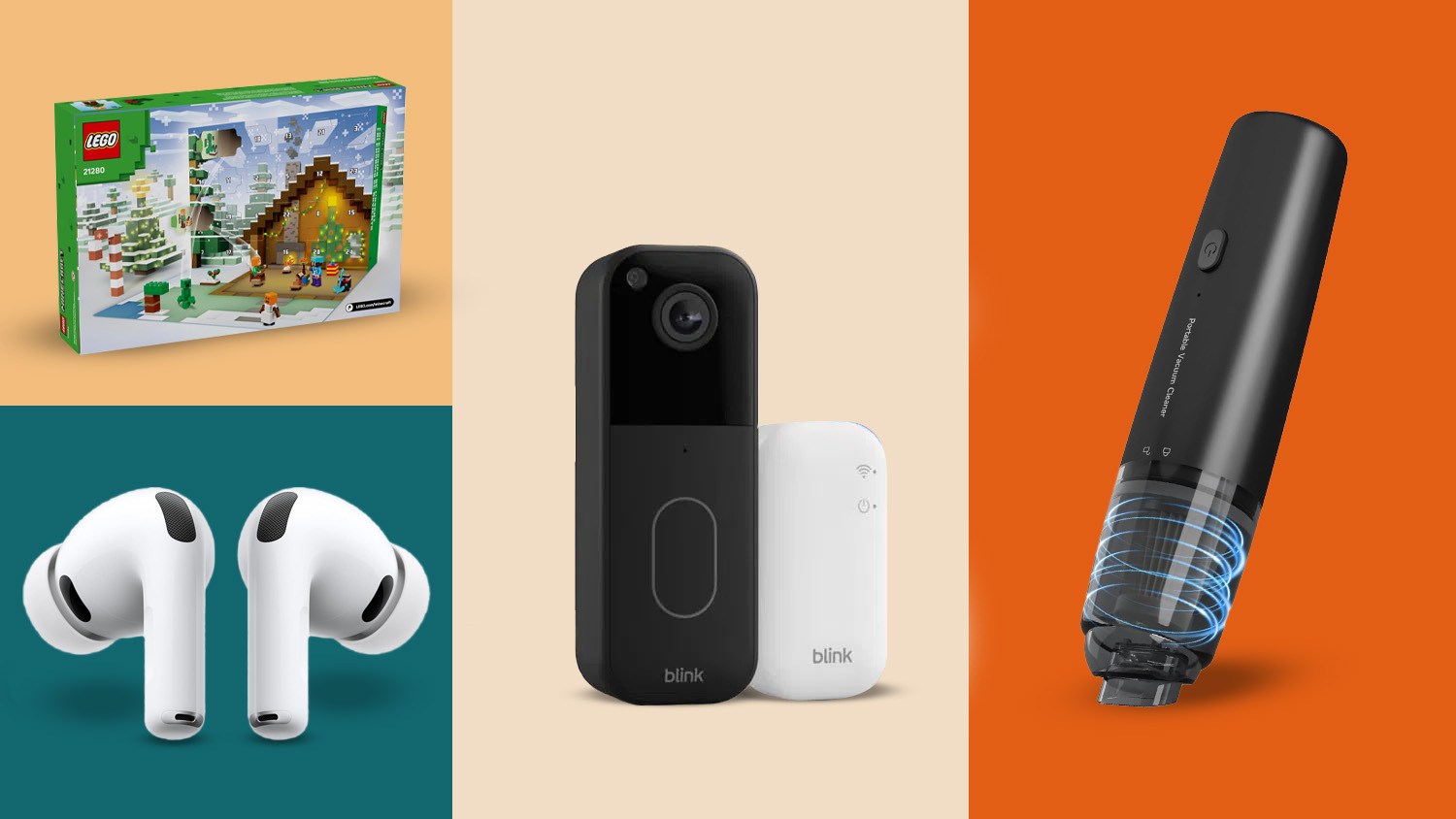Throughout Tech Week, News 8 is publishing a five-part series on the role of AI in various industries. For full Tech Week coverage, click here.
GRAND RAPIDS, Mich. (WOOD) — As Tech Week Grand Rapids kicks off Monday, a big topic of discussion this year is AI.
More than 20 events will be AI-focused, with attendees getting the chance to hear from the experts on the role AI is taking in everything from education and the workforce to art and cybersecurity.
Tech Week, organized by regional economic development agency The Right Place, runs at venues throughout the city Monday through Saturday, with the fun starting with a kick-off event starting at 3 p.m. with “Freakonomics” co-author Stephen Dubner.
“I encourage anybody who’s in the tech field or just tech interested to go look up the schedule on the agenda,” Jason Joseph, the chief digital and information officer at Corewell Health, told News 8. “See what might be interesting and go to attend some of the events. Most of them are free.”
Corewell Health is participating in several events, he said, including one called Generative AI in Healthcare: Demo and Talk, taking place Thursday starting at 1 p.m. Attendees can hear about the role AI is taking in the health care industry and catch a demo of the technology.
“We’re going to be bringing in one of our partners to talk about some of the ways that we’re using AI to help make our clinicians and our physicians in particular more efficient, and really enhance the level of care that we provide to our community,” Joseph said.
One of the biggest ways Corewell Health is using AI is ambient listening technology, which helps automate the documentation process as a physician speaks with a patient.
“It’s a real area of frustration and dissatisfaction for the providers who may have to go do some of that stuff at the end of their day,” Joseph explained. “This allows that to keep pace in real time and really makes their day more efficient and really allows them to focus on that conversation with the patient directly.”
The Grand Rapids-based health care system started using the technology more than a year ago as a pilot program, and is preparing to roll it out and scale it up across the state and across multiple disciplines.
It can help save physicians anywhere between 20 minutes to two hours a day, Joseph said, giving them more time to spend with patients. It also helps them provide better care, he said, as the physicians can be more focused on their patient and less focused on working on a computer.
Joseph thinks AI can help address the staffing shortages the health care industry is struggling with.
“Staffing in the clinical spaces in particular is … going to continue to be a challenge, and we do think this is a way that’s going to really help,” he said. “We’re putting a lot more on our clinicians and our front-line caregivers. And so wherever we can use AI to help take some of that burden away from them, it’s going to help improve care and allow us to make their lives a little bit better as well.”
Corewell is also using AI in patient care.
“We’re using it for some deterioration prediction,” Joseph explained. “Looking at a patient who’s slowly having some issues that humans might not notice those changes, but the machines can see those subtle changes and vital signs and other things and start to make some alerts.”
Similarly, the health care system is using it to help radiologists find a diagnosis by looking for patterns a human may not be able to pick up.
“We’ve got a lot of applications for AI and health care that are emerging. Quite an exciting space,” Joseph said. “The future of AI and health care is probably pretty wide open. I think we’ll have a lot of innovation that’s going to happen that’s going to bring a lot of new capabilities.”
He expects AI may eventually have the ability to diagnose patients and help treat certain conditions. Still, he said the health care industry has to be careful to use it in a way that’s safe, understandable and always involves humans.
“The flip side of that of course is the safety and making sure that we have validated, tested and are sure that the AI actually is accurate,” Joseph said. “AI can find a lot of things that us humans aren’t as good at seeing, but can also make mistakes.”
He expects to see increasing regulations to ensure AI is used appropriately, and said the industry needs to continue to make sure a human is always in the loop watching for accuracy or potential biases.
“The sky is the limit” when it comes to applying AI in clinical settings, he said, and he expects to see it used more in the next three to five years. But he doesn’t think the health care industry will be as quick to automate the process compared to other industries.
“Health care is one of those industries that will probably be a little bit slower to fully automate, because of all the potential risks that are out there,” he said. “We’ll just have to make sure that we’re paying close attention to those things and being really judicious about how we’re applying things.”










